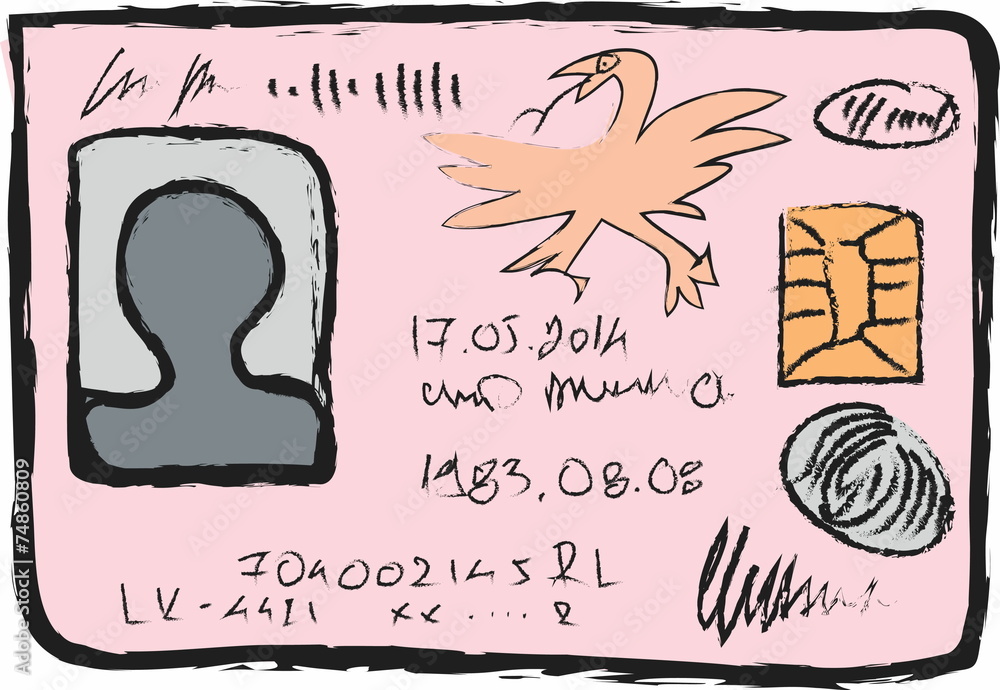The March Meta Matters challenge is now active over on
![[community profile]](https://www.dreamwidth.org/img/silk/identity/community.png) marchmetamatterschallenge
marchmetamatterschallenge. See the
first check-in post here for introductions.
Read the FAQ list, as there may have been some changes from previous years. See my entries from
2023,
2024, and
2025. Here are
my How To list and
my Meta list from 2024.
This challenge involves locating and copying over meta you've created to a second site in order to ensure its preservation. The fest recommends SquidgeWorld. There will be some prompts for creating new meta. Participants can post their goals for saving old meta and/or creating new meta. You can also collect, recommend, and save meta created by other people if it's not something you make yourself or yours is already up to date and saved.
Some canon-specific or author-specific websites have a section especially for meta about their fandom(s) to help new fans learn the canon(s), explore fandom in general, and to inspire fanworks. In particular, it used to be common for people to make fanifestos about a canon,
its ships, major fanworks, etc. as guides to newcomers in hopes of growing the fandom; reviving this custom would be very helpful. Here on Dreamwidth, check out
![[community profile]](https://www.dreamwidth.org/img/silk/identity/community.png) shipmanifestos
shipmanifestos. Another great type of meta is reviews; see communities such as
![[community profile]](https://www.dreamwidth.org/img/silk/identity/community.png) books
books and
![[community profile]](https://www.dreamwidth.org/img/silk/identity/community.png) book_love
book_love for those. If you know of more such resources, March is a good time to post about them so more folks can find them and make sure that meta is backed up.
An increasing issue of archiving is the decline of archival websites. Ghost barely works anymore. The Archive.fo cluster is iffy at best, and when one of its sites glitches, you can't even use your old links anymore. That was the site that used to have the best ability to archive almost anything, except PDF files. Wayback, formerly the most reliable, and the only one I found that would safe PDFs, has become increasingly slow and prone to outages. It never saved quite as wide a range as Archive.fo but now saves a lot less. It's maddening. Because every page that can't be archived is work that will be wasted when linkrot eventually kills the original.
On the bright side, Dreamwidth remains a great place to crosspost your content from other platforms as a form of archiving by duplication. This is increasingly a good idea at a time when many platforms are collapsing due to misbehavior, locking everything to members only, or disappearing altogether.
![[community profile]](https://www.dreamwidth.org/img/silk/identity/community.png) goals_on_dw
goals_on_dw has a post for
Full Content on Dreamwidth if this is your approach to sharing and archiving your work.
( Read more... )
